Lung cancer: Woman once paid in cigarettes welcomes screening
- Published
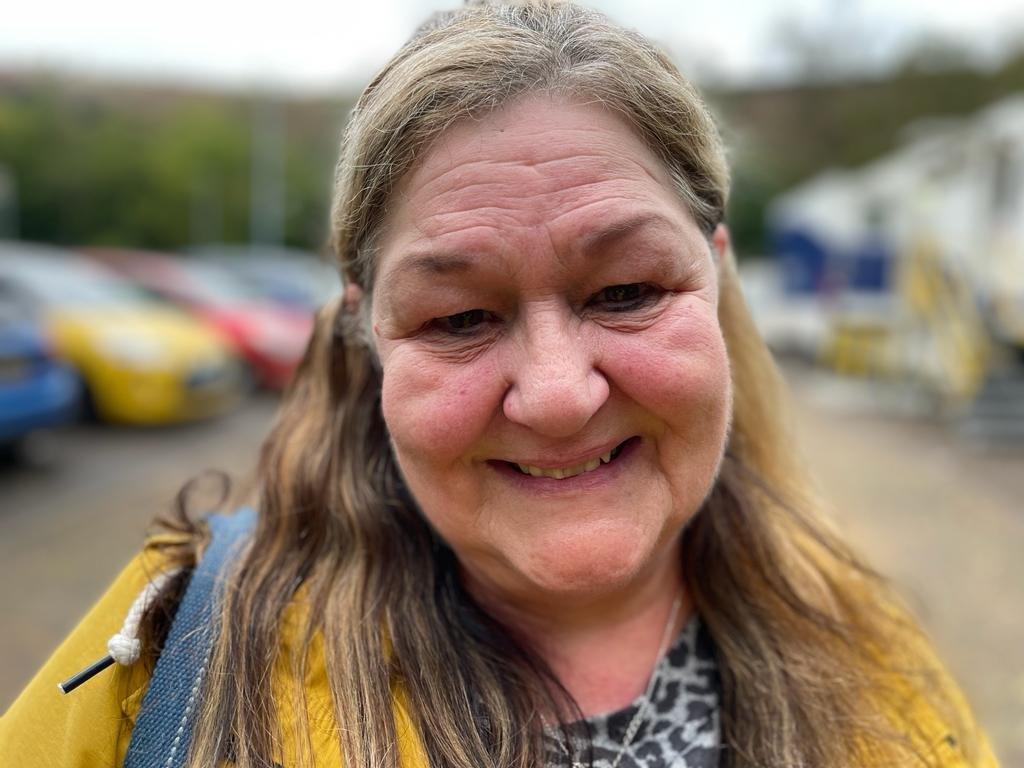
Julie Williams started smoking as a teenager but gave up recently
Smoking was normalised from a young age for Julie Williams. At 14, she was paid in cigarettes to do her mum's ironing.
The 67-year-old's former habit meant she was invited to be one of the first in Wales to have a lung health check, to detect early signs of cancer.
But screening in Wales lags behind the developments being made in England, according to one charity.
The Welsh government said it was considering how a programme could be delivered.
The charity Tenovus has helped to fund a pilot for 500 patients to be screened in one area, north Rhondda.
People aged between 60-74 who used to smoke, or still do, have been invited for a CT scan.
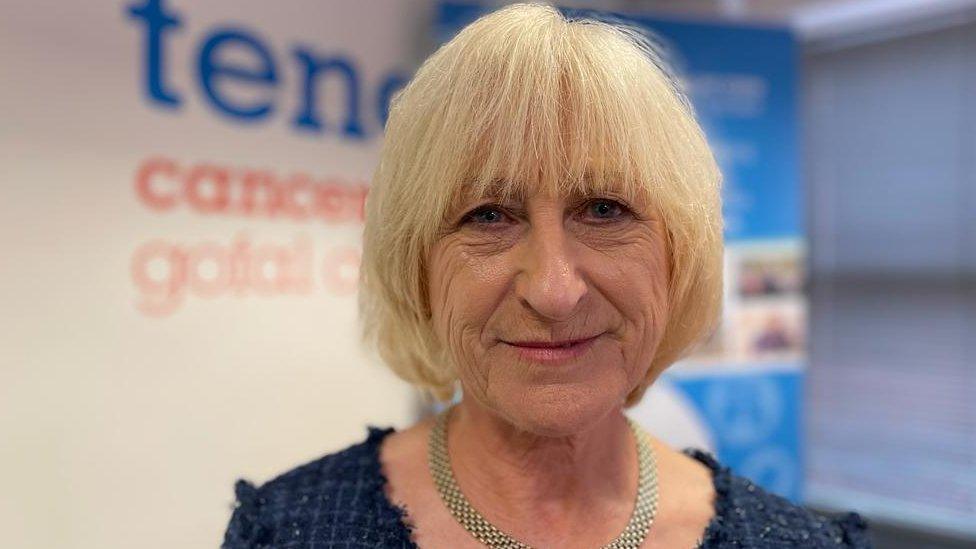
Judi Rhys of Tenovus wants the Welsh government to commit to a roll-out programme for lung screening in Wales
"If we look at England they've done upwards of 130,000 scans, so we're way behind them," said chief executive Judi Rhys.
"We need to get on, we need to make sure we make a commitment to rolling it out.
"Agreements in principle will not save lives, the longer we leave it the more chances there are of more people dying of what is essentially a preventable disease."
"This hit home, your lungs are important," said Mrs Williams after her scan at the hospital mobile unit based at Ysbyty Cwm Rhondda.
The grandmother-of-three runs a card and gift shop in Gelli and smoked for more than 50 years, but said getting a lung check was not on everyone's "to do list".
"I suppose it was the same for mammograms - you got sent for one, you didn't ask for one. So this hit home, your lungs are important."
Reflecting on how attitudes have changed, she said: "I used to get paid in cigarettes to do my mother's ironing. But back then you'd go to the surgery and see the doctor smoking at his desk."
Currently screening is only done to detect breast, bowel and cervical cancers in Wales, but last year the UK National Screening Committee recommended targeted lung cancer screening.
In England a commitment has been made to reach 40% of the population by 2025, and 100% by 2030. In July, Welsh Health Minister Eluned Morgan said the recommendation had been "accepted in principle" and the Welsh government was considering how that could be delivered.
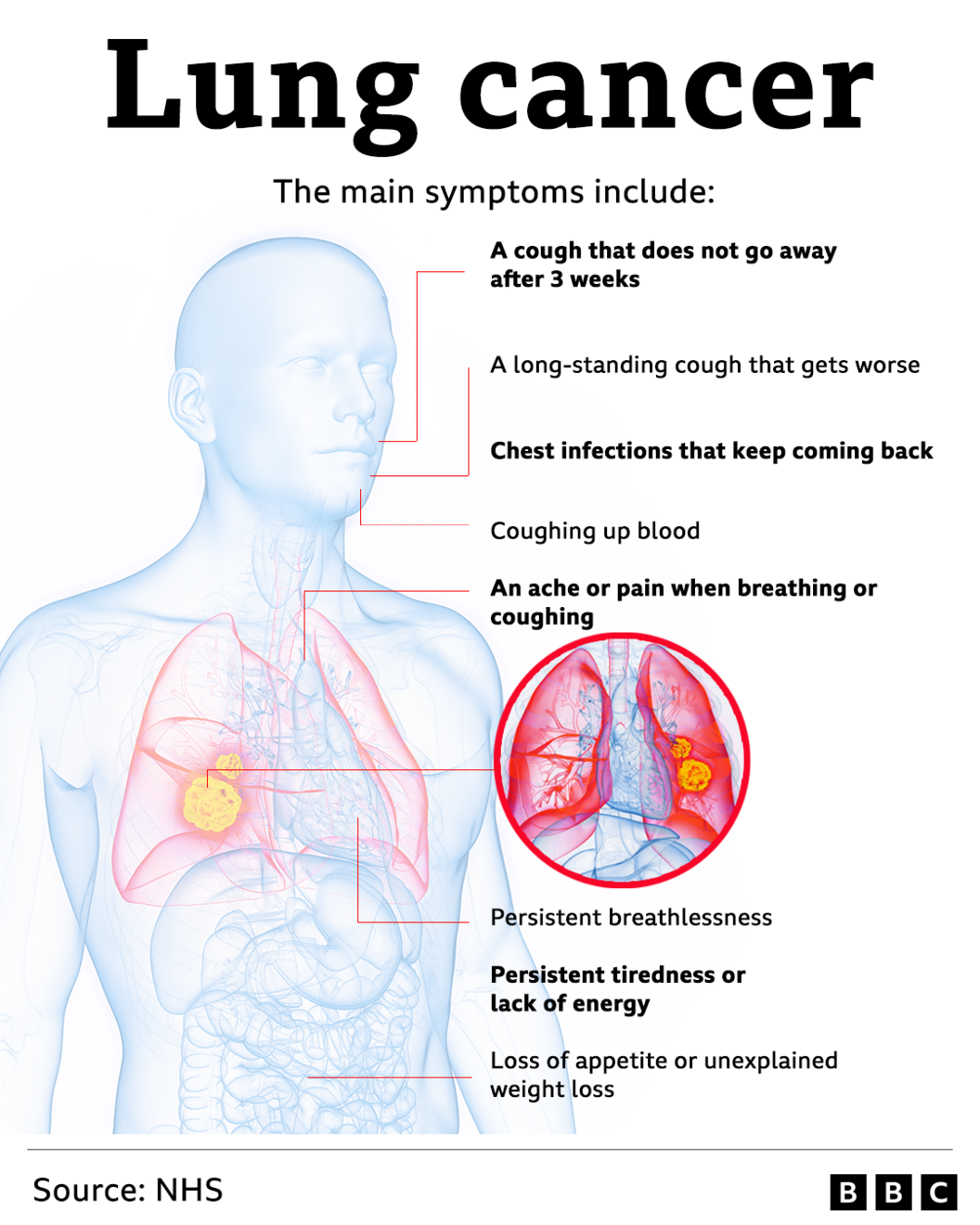
Dr Sinan Eccles, a respiratory consultant at Cwm Taf Morgannwg health board and clinical lead for lung health checks for the Wales Cancer Network, said the cost effectiveness of screening had been proven.
The pilot will help to determine how the NHS should deliver them and could potentially detect between five and 15 cases of cancer, out of the 500 people scanned.
"Lung cancer doesn't affect everybody equally, so if you live in an area that is less well-off then you are two-and-a-half times more likely to get lung cancer than if you live in a well-off area."
He explained that high rates of lung cancer and smoking made north Rhondda an ideal area for the small pilot.
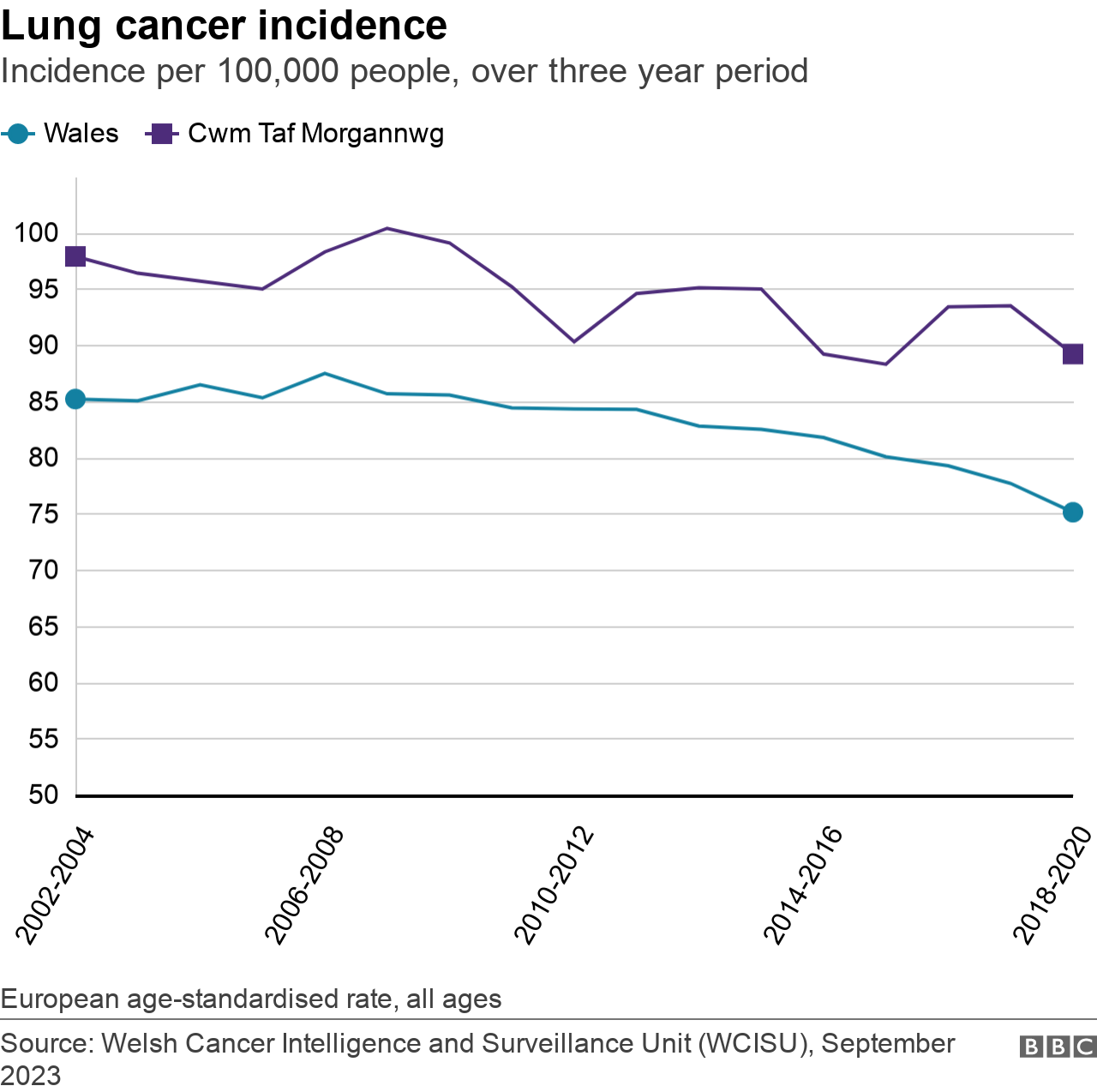
Cases across Wales have fallen over the last 20 years and survival rates have improved, but Cwm Taf Morgannwg's lung cancer rates have consistently been higher than the Welsh average.
"It's by far the biggest cause of cancer death in Wales - it kills more people every year than bowel cancer and breast cancer combined. And of those people who come through at the moment, three-quarters are at a late stage.
"If we can find lung cancer earlier it's much easier to treat and much more successful."
He said patients also express feelings of guilt about having smoked, so the process is designed to be non-judgmental.
"There's a stigma sometimes which goes along with smoking-related illnesses - feelings of guilt. People with smoking-related illness often present late and fear the worst, they don't want to know what's going on, and that's a mindset we need to change."
He added that screening could make a huge difference, with evidence suggesting three-quarters of the cases picked up as a result are at an early stage of the disease.
"This is the number one thing that can make a bigger difference to cancer deaths in Wales and it's the number one thing that we could do that would reduce the inequality in cancer deaths across Wales."
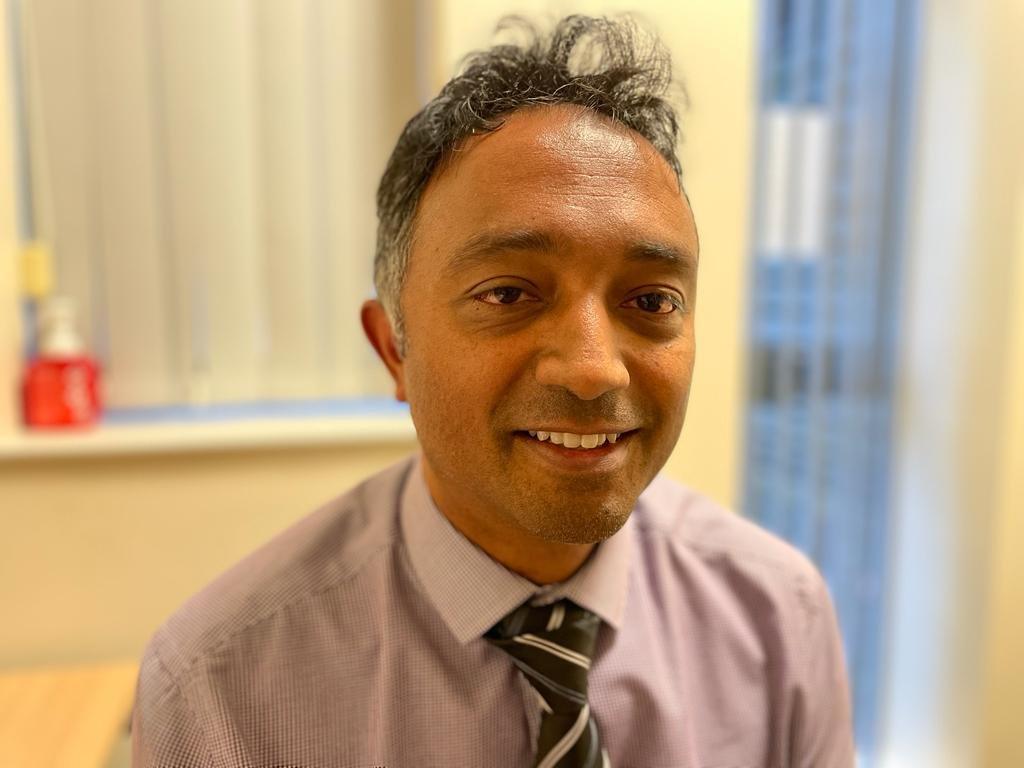
Dr Bikram Choudhary is a GP in Ton Pentre and said respiratory issues are probably one of the most common issues in primary care.
Dr Bikram Choudhary, one of the GPs involved in identifying patients eligible for the pilot, said: "We've traditionally had a high number of smokers, there's also been industrial exposure with coal mining and other dust generating industries where people have inhaled particulates and that can lead to lung disease. In this area in particular we do see a lot of respiratory problems and chest problems.
"It always feels good as a doctor to be able to find something early and treat it and cure it.
"We haven't always been able to do that, we haven't had the resources or man power to be more proactive in our approach.
"With this pilot and other projects that we hope to be able to do, we can have that ambition going forward to become more proactive and actually have a health service that can prevent and cure disease much more than it currently does."
The Welsh government said it "accepted the UK National Screening Committee's recommendation for targeted lung screening in principle and is considering how this could be delivered in Wales".
A spokesperson added: "We are working with Public Health Wales to explore options and are keen to learn from the findings of the lung screening pilot underway in Cwm Taf Morgannwg University Health Board."
Related topics
- Published21 September 2023
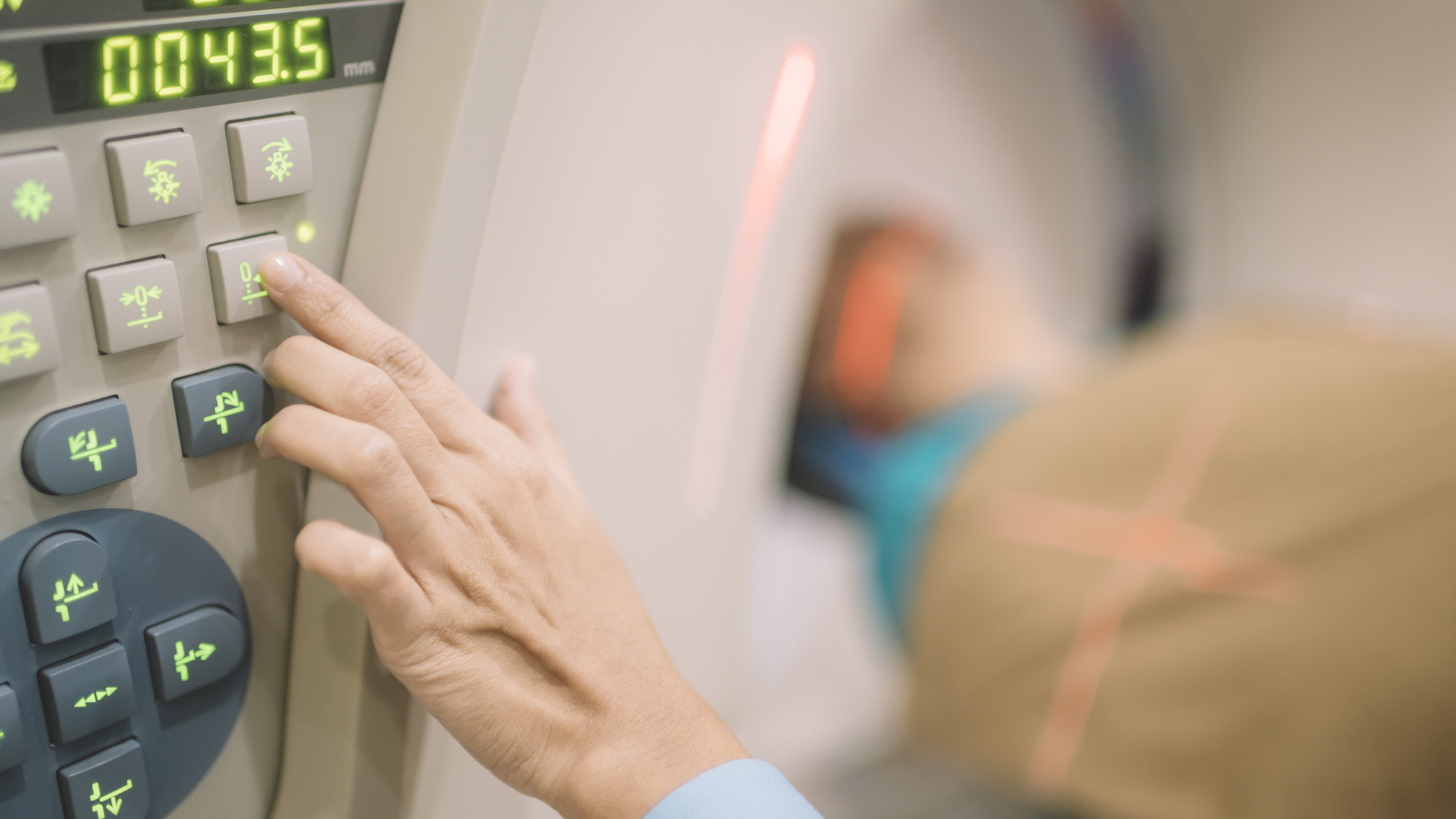
- Published15 August 2023
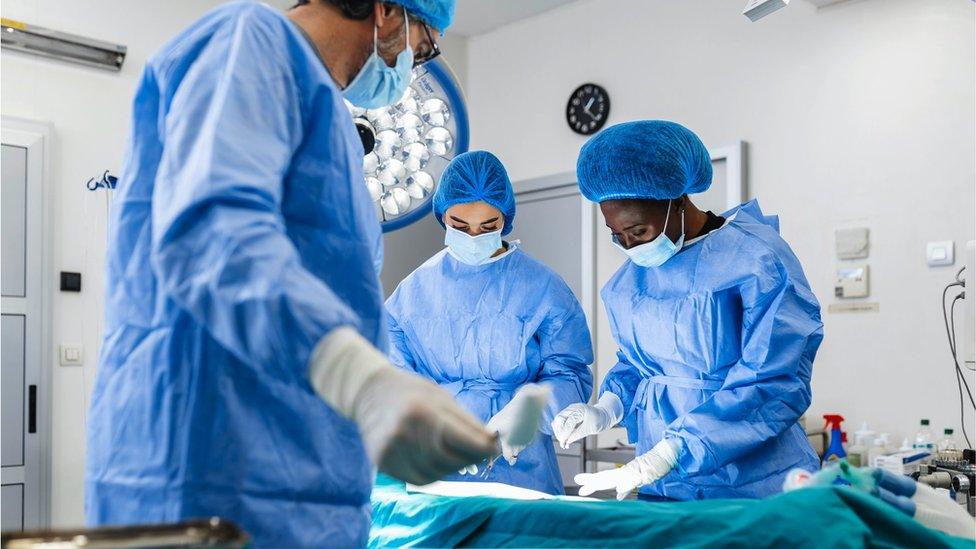
- Published9 July 2022
